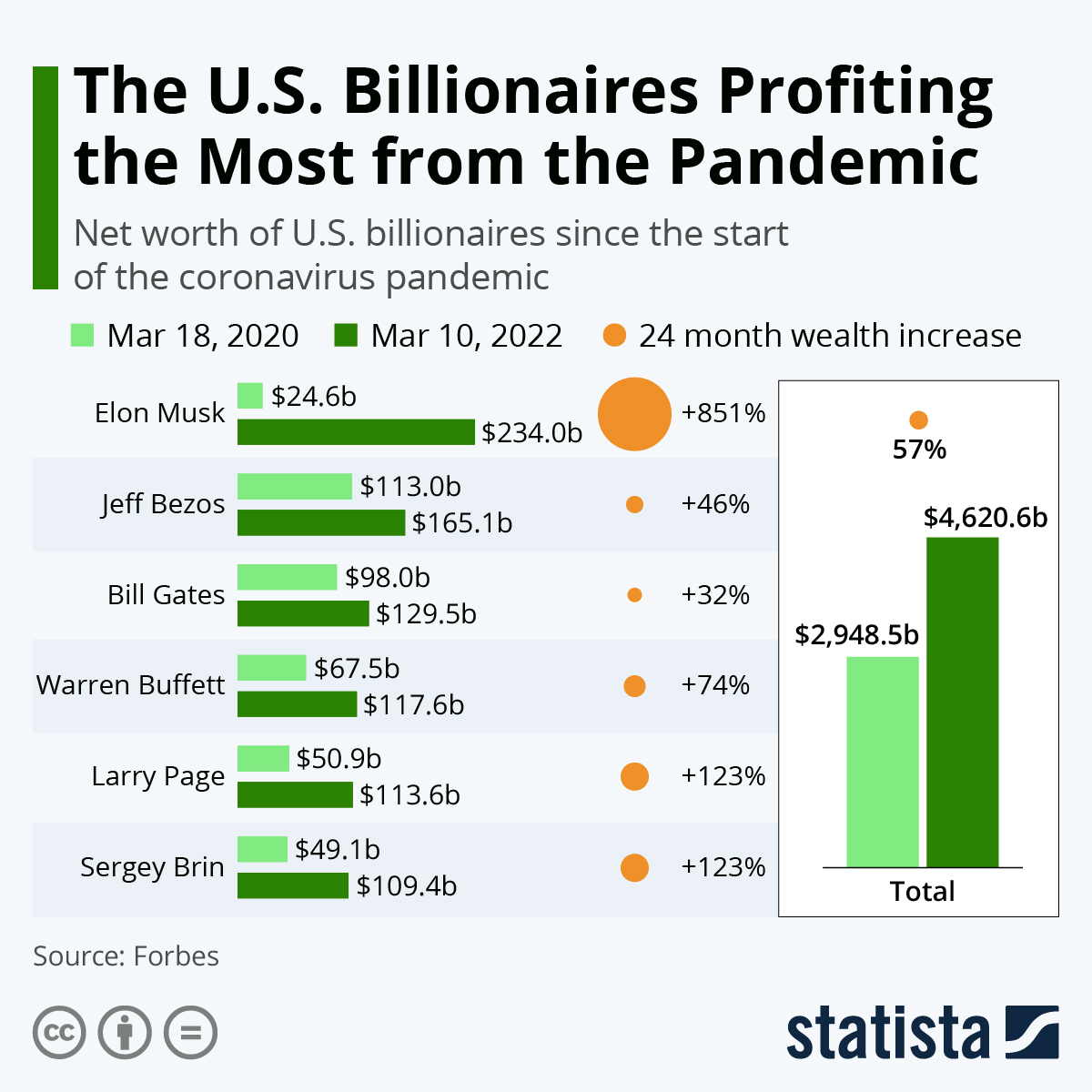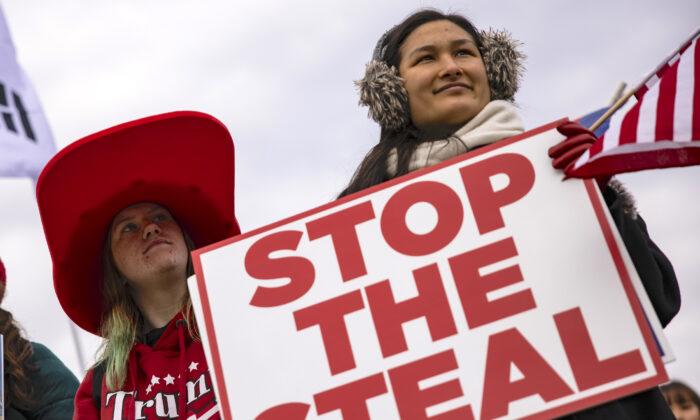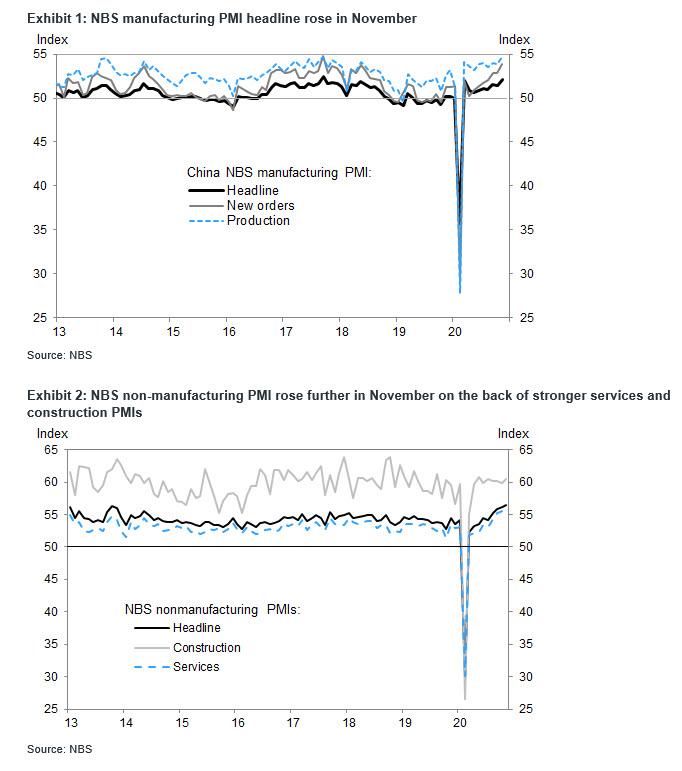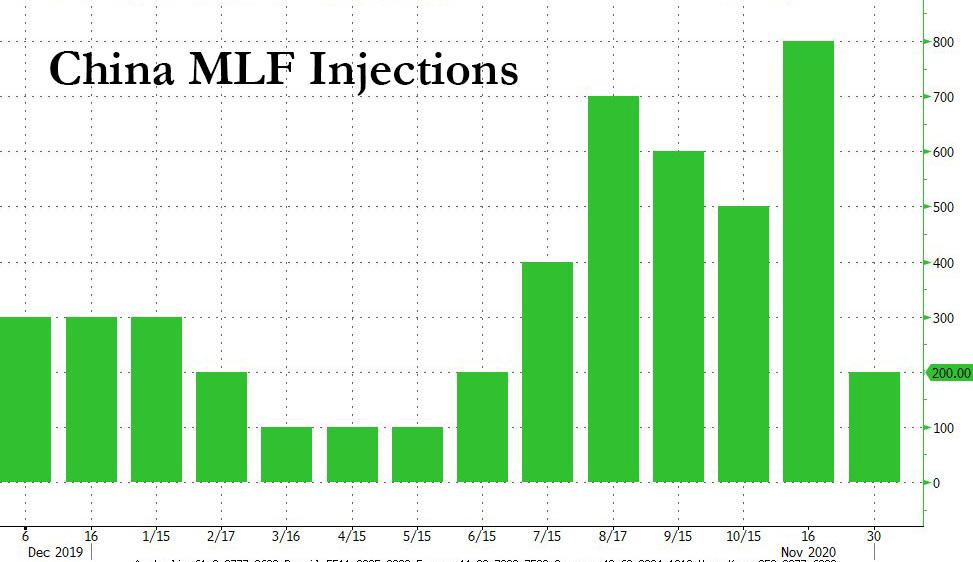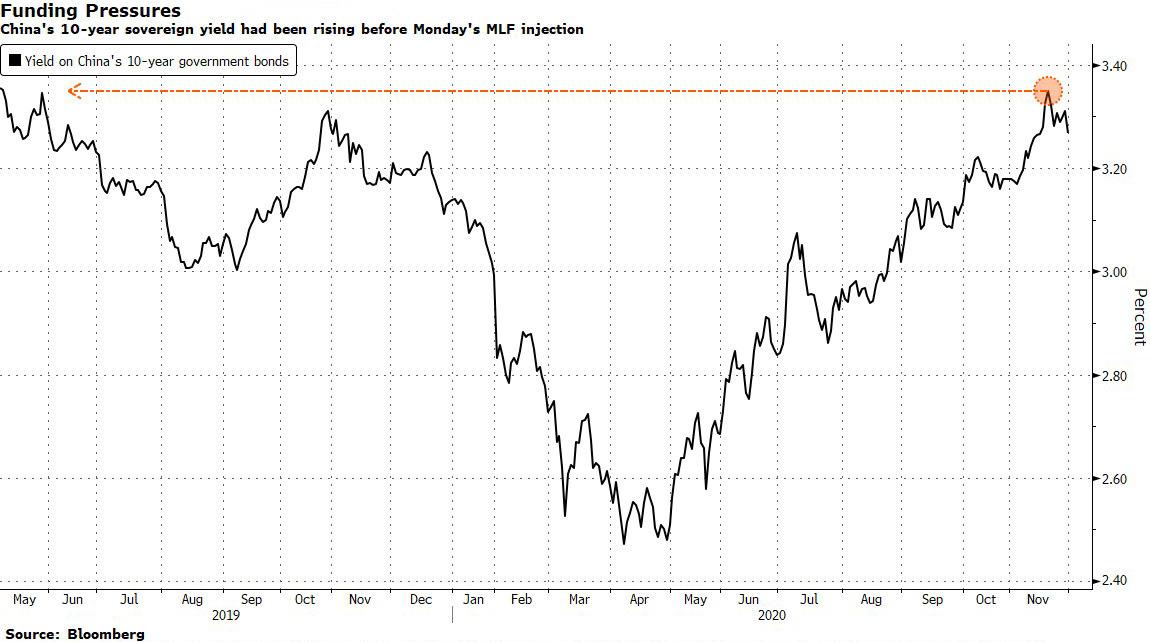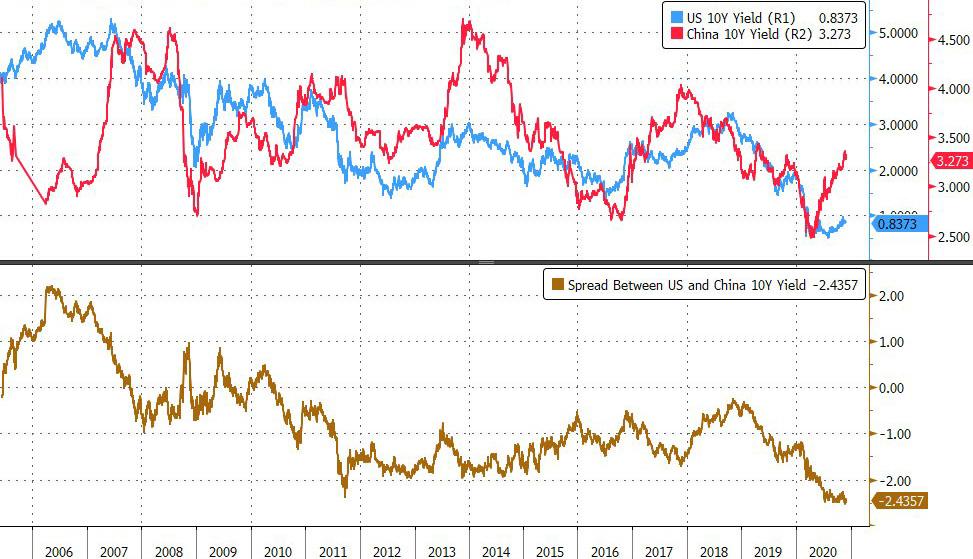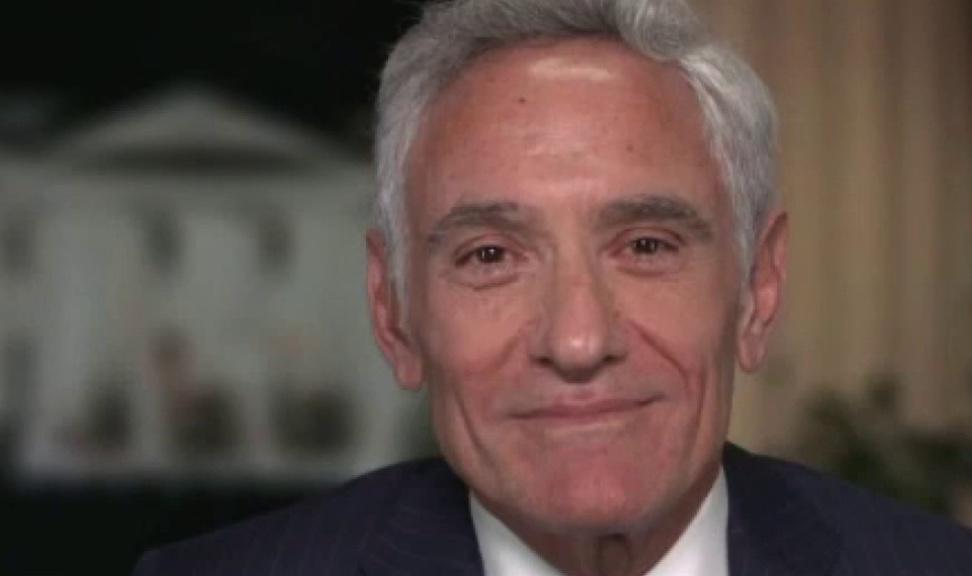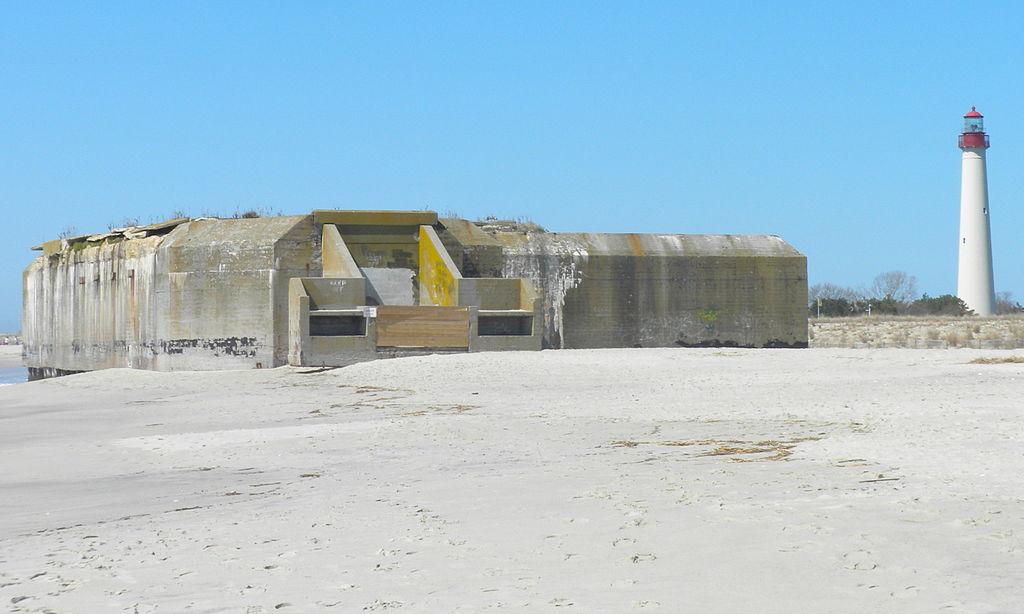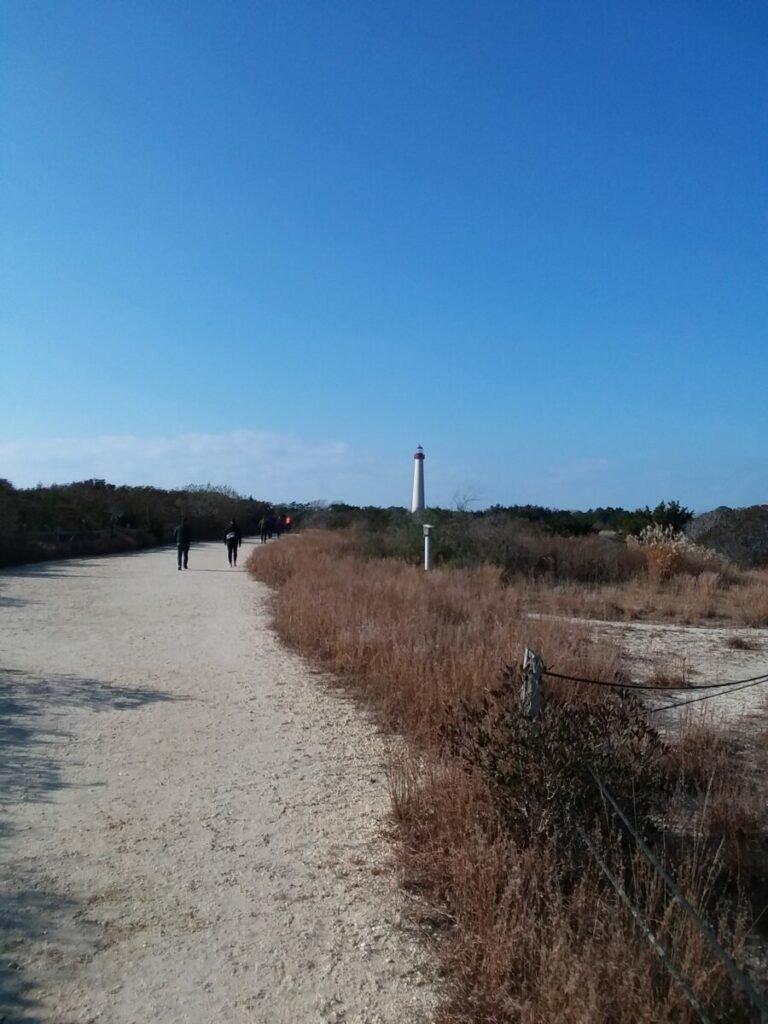Our interview in this episode is with Michael Daniel, formerly the top cybersecurity adviser in the Obama NSC and currently the CEO of the Cyber Threat Alliance. Michael lays out CTA’s mission. Along the way he also offers advice to the Biden cyber team – drawing in part on the wisdom of Henry Kissinger.
In the news roundup, Michael joins Jamil Jaffer and Nate Jones to mull the significance of Bruce Reed’s appointment to coordinate technology issues in the Biden White House. Reed’s tough take on Silicon Valley companies and section 230 may form the basis of a small-ball deal with Republicans on things like child sex abuse material, but none of us thinks a broader reconciliation on content moderating obligations is in the offing.
When it comes to regulating the tech sector, Brussels is a fount of proposals. The latest, unpacked by Jamil and Maury Shenk, is intended to build on the dubious success of GDPR in jumpstarting the EU’s technology industry. If it reminds you of the brilliant success of European regulation in creating a large certification authority industry, you won’t be far wrong.
Maury and I puzzle over exactly how a Russian divorcee won a court order allowing access to her estranged son’s Gmail account. Our guess: the court stretched a point to conclude that the son had consented.
Another day, another China-punishing measure from the Trump administration: Jamil explains the administration’s vision of a bloc of countries that will unite in resistance to China’s punitive trade retaliation against inconvenient Western countries, most notably Australia, now getting hit hard by China.
Meanwhile, Maury reports that the administration has identified nearly 90 Chinese companies that are closely tied to the Chinese military for purposes of export control licenses. The only good news for US exporters is that the list eliminates some ambiguity about the status of some companies.
Maury also gives an overview of what most of us think is an oxymoron: Privacy in China. In fact, there is growing attention to protecting privacy at least from commercial companies. But harsh penalties, as always, are going to make observers wonder “who did that company piss off?” before they wonder “what did that company do wrong?”
Maury also reports on the effort to revive Privacy Shield – and on just how little the negotiators have to work with.
Jamil comments on the ever-rising cost of cybersecurity, and the possible implications for bank consolidation.
Nate reviews privacy and security doubts about Amazon’s Sidewalk feature, which turns Alexa devices into neighborhood WiFi networks.
Maury and I note that the deadline for a TikTok sale is a week away and maybe always will be.
Jamil wonders why ZTE asked the FCC to reconsider its exclusion of the company from the US telecoms infrastructure. The FCC order denying the request was not exactly a marketing triumph.
Jamil and I have fun asking how much snooping will go on in a proposed new fiber-optic network linking Saudi Arabia and Israel. Biggest loser? Egypt.
Nate is not surprised that France is pushing its tax for the (US) tech sector, but we debate whether the timing will turn out to be good for France or bad. I claim that White House ADHD will be France’s best friend.
Maury and I try to figure out whether there’s a public policy case in favor of the Rivada plan to take over a bunch of DoD spectrum and rent out whatever is excess to DoD needs. Maybe there is, but we can’t find it.
Download the 340th Episode (mp3)
You can subscribe to The Cyberlaw Podcast using iTunes, Google Play, Spotify, Pocket Casts, or our RSS feed. As always, The Cyberlaw Podcast is open to feedback. Be sure to engage with @stewartbaker on Twitter. Send your questions, comments, and suggestions for topics or interviewees to CyberlawPodcast@steptoe.com. Remember: If your suggested guest appears on the show, we will send you a highly coveted Cyberlaw Podcast mug!
The views expressed in this podcast are those of the speakers and do not reflect the opinions of their institutions, clients, friends, families, or pets.
from Latest – Reason.com https://ift.tt/36mqkh6
via IFTTT
